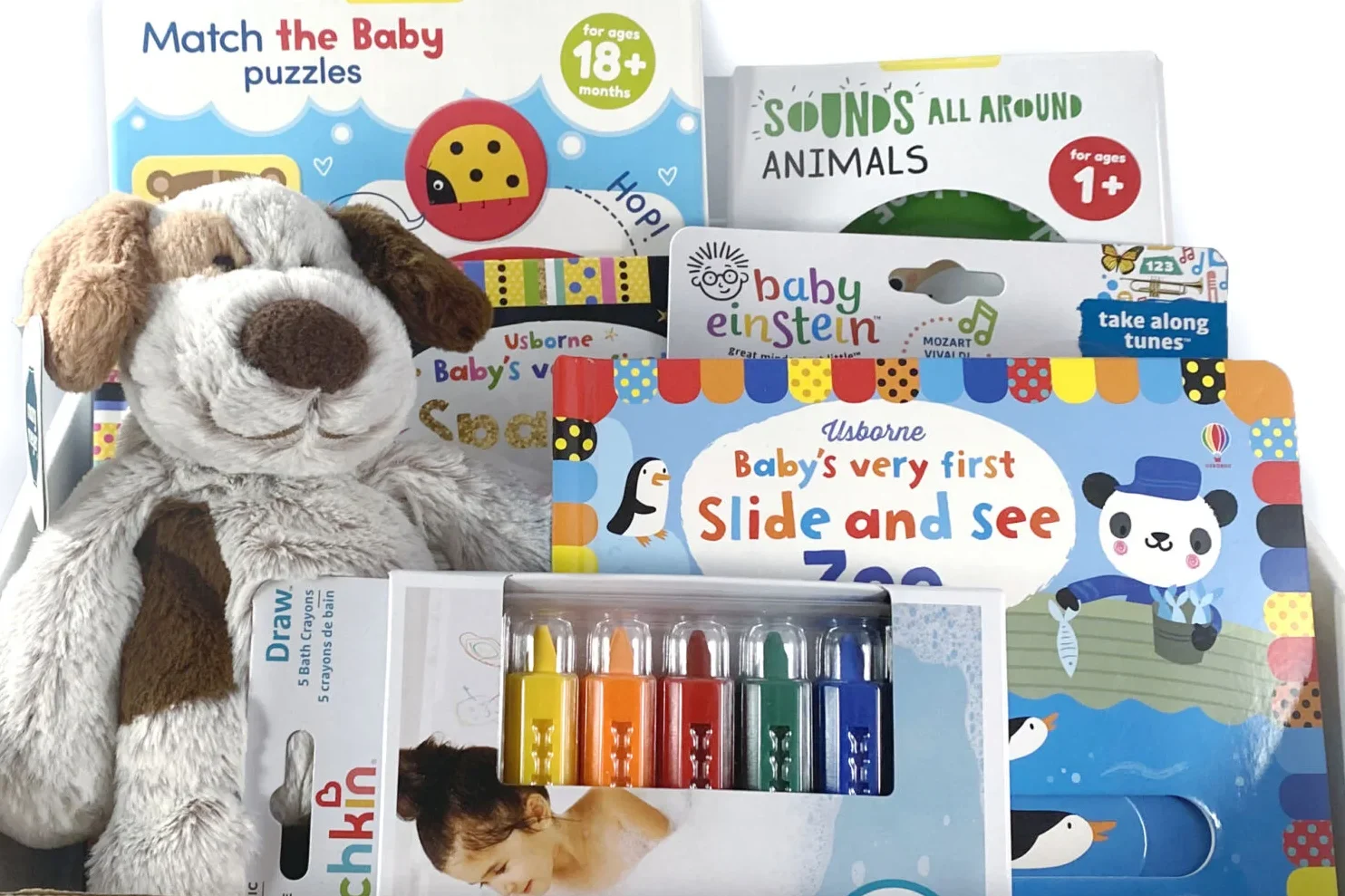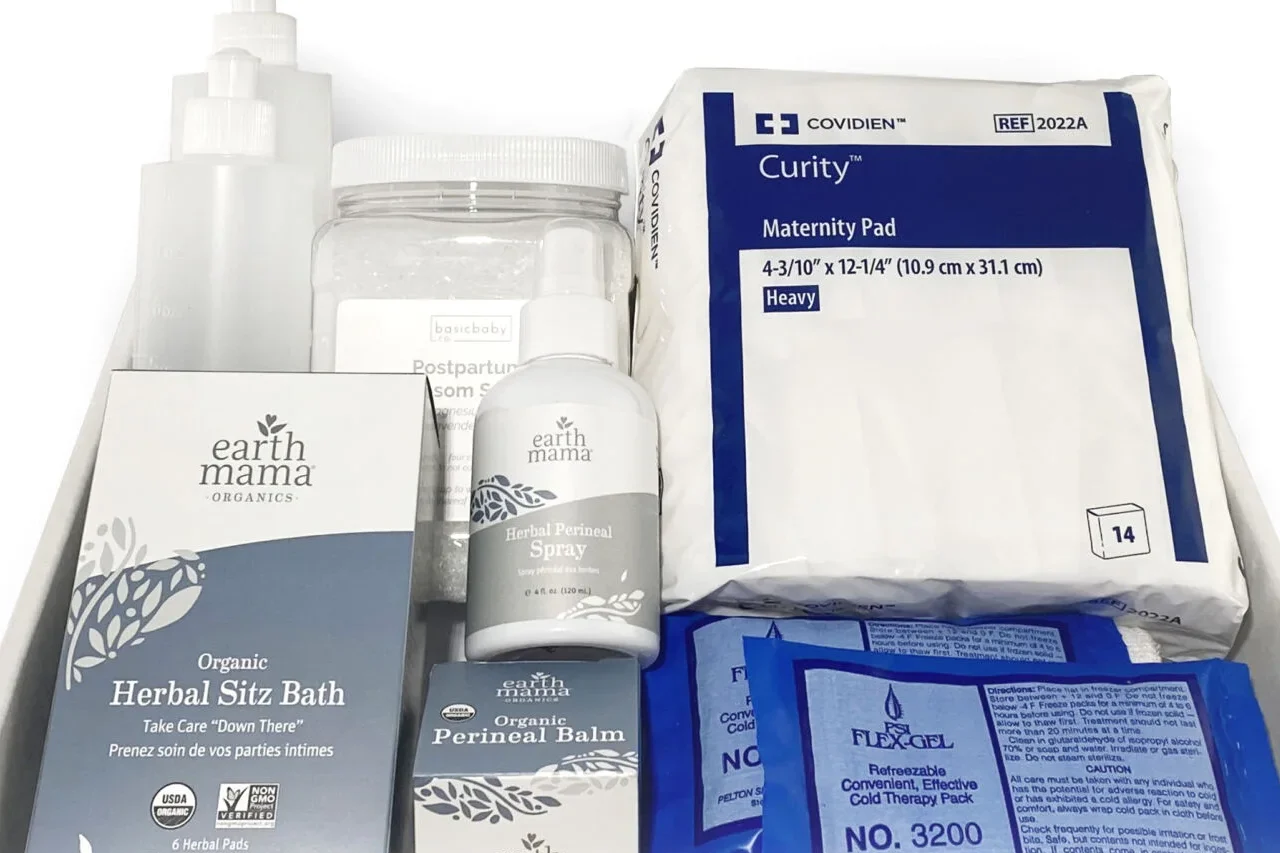
Top 10 Gifts for The New Baby in Your Life!
With a new baby on the way, you’re likely overwhelmed by all the “necessary” supplies and choices you have to
What to say about newborn poop? Well, for starters, if the subject of poop makes you squeamish or a little embarrassed, you’re probably not going to like this… babies comes with a lot of poop! In fact, it may surprise you just how much time you spend looking at and talking about your baby’s poop. Are they pooping too much? Too little? When was the last time they pooped? Never mind cleaning up those epic, ‘out of the diaper, up the back’ explosions you just cannot believe could come out of such a tiny little creature.
There is no hard and fast rule to how often your newborn baby will poop. In the first few weeks you can expect to change about 8 to 12 diapers a day – at least 3 of these, if not more, will be poopy diapers. It is not uncommon for your newborn baby to poop after every feeding.
Initially, newborn baby poop will be black and sticky. This is called meconium and is made up of everything your baby digested in utero – amniotic fluid, mucus, skin cells, bile, water, etc. For breastfed babies, newborn poop will change to a greenish, mustard yellow, brown color. It will be watery, sweet-smelling, and may have a grainy/seedy texture to it.
Formula fed babies may also poop after every feeding; however, it is not uncommon for them to poop less and have bigger poops than breastfed babies. For these newborn babies, poop will have more of a brown/yellow coloring to it and will carry a smell that is more typical of poop. It will have a pasty consistency to it, resembling something akin to peanut butter.
Regardless of whether you formula feed or breastfeed, your newborn baby poop should be soft and pass easily. If, at any time, poop is hard and dry, you may want to consult your healthcare provider.
If you think the poop talk is just a passing phase, you are in for a surprise. It doesn’t end there. As you introduce solids, change babies diet, toilet train your toddler, and endure your child’s charming ‘potty humor’, poop is likely to be a ‘popular’, even if an unwelcome, topic of discussion.

With a new baby on the way, you’re likely overwhelmed by all the “necessary” supplies and choices you have to

While having a baby is exciting, it can also be a wee bit stressful. And you’ve likely been so busy